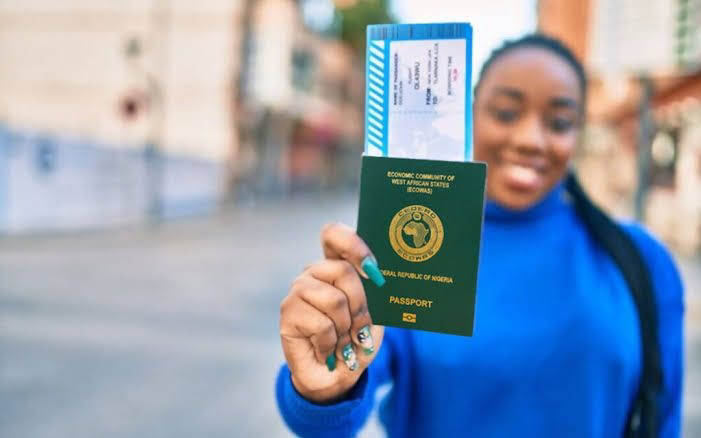Three Common Reasons Marriage-Based Green Card Applications Are Delayed or Denied
For many immigrants—especially those from less developed regions—the desire to live and work in the United States permanently often leads them to pursue a green card through marriage. While this is a legitimate and legal route to residency, the U.S. immigration system takes a strict approach to such applications due to the potential for abuse.
U.S. immigration attorney Lelia Essien of Essien Law Firm explains that delays or denials are frequently caused by red flags suggesting the marriage may not be genuine, inconsistencies in submitted information, or lack of proper documentation. Here are three common situations that often lead to increased scrutiny from immigration officials:
1. A Noticeable Age Disparity Between Spouses
When there’s a significant age difference between a couple—for example, a 30-year-old marrying someone in their 70s—it can raise suspicions of a marriage entered solely for immigration benefits. While age gaps are not illegal, they often prompt officials to look more closely at the relationship to determine if it is authentic or arranged for the purpose of securing a green card.
2. Marrying Soon After a Divorce
If an applicant recently ended a marriage in another country and then quickly remarries in the U.S., immigration authorities may see this as a red flag. The timing could suggest the new marriage is part of a strategy to obtain legal residency, especially if the previous relationship ended abruptly. Such cases are often investigated thoroughly to confirm the new marriage is legitimate.
3. Entering the U.S. and Quickly Getting Married
Getting married shortly after arriving in the United States—especially within the first 90 days—can lead to assumptions that the individual misrepresented their intentions when entering the country.
Known informally as the “90-day rule,” this guideline can result in the presumption of fraud if someone on a temporary visa marries a U.S. citizen or permanent resident within that window.
Immigration officers may suspect the person planned the marriage in advance as a means to remain in the U.S.
To avoid delays or denial, it is essential that applicants provide clear evidence that their marriage is genuine and not based on convenience or immigration purposes alone.
Sudden marital changes or poorly timed relationships can easily lead to skepticism from authorities, and any hint of dishonesty can significantly harm a green card application.
While marrying a U.S. citizen can be a pathway to legal residency, it must be based on a real, committed relationship.
Understanding what triggers concern for immigration officers can help applicants prepare and avoid unnecessary complications during the process.









